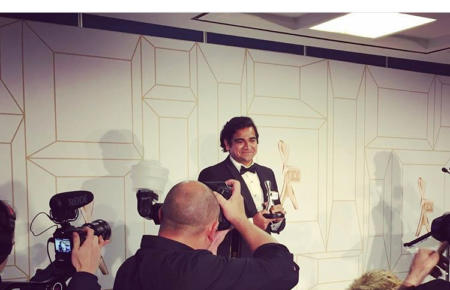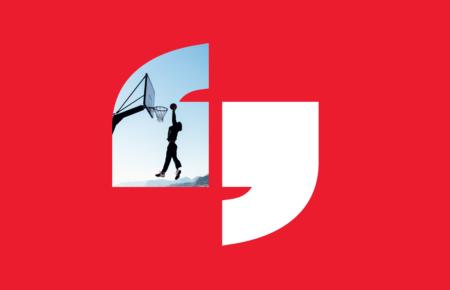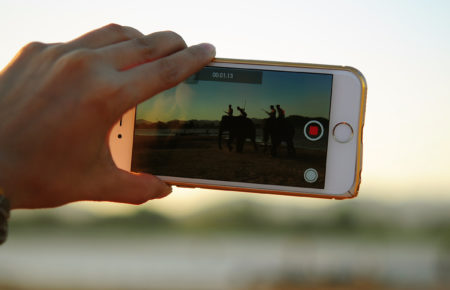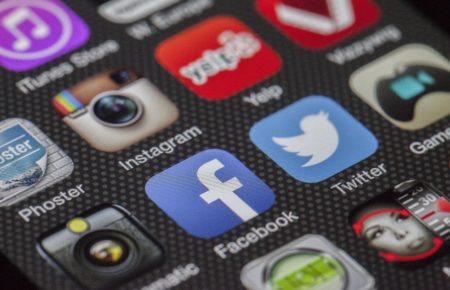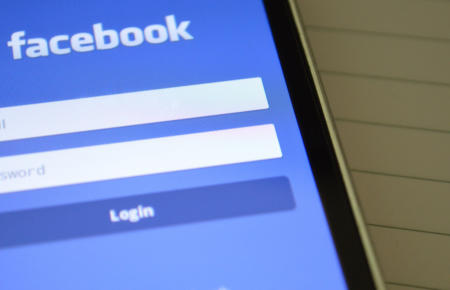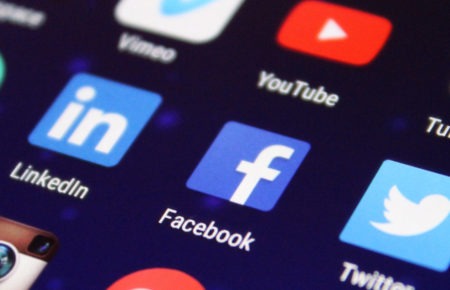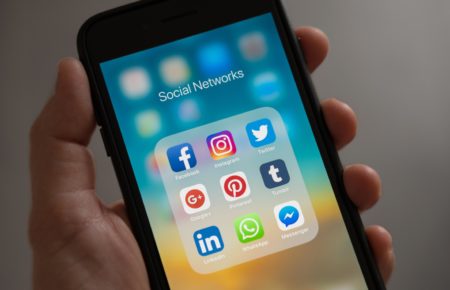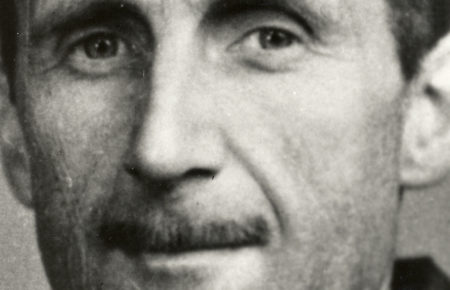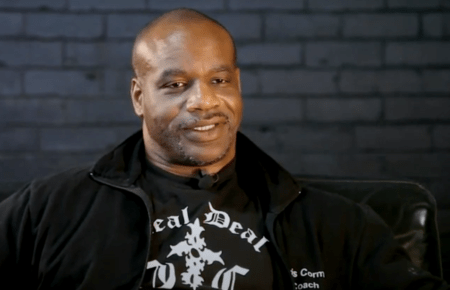Event cancellation and communication in the coronavirus pandemic.
Disclaimer: This article will date quickly.
In the confusion, panic and stress of the current COVID-19 situation, working in a media and communications field is tricky. EDMs, social posts and events planned, agonised over and scheduled months in advance now seem unsure, pointless or even in poor taste.
We might have all had this thought in the past week or so: What is there to say? The situation is constantly changing. What we say one day might not be the same the next.
Nowhere was this more the case than this past week when many organisers had to cancel upcoming major events.
In Australia, all major events for at least the next few months have been cancelled (or, for the more optimistic, ‘postponed’) from the Grand Prix and the Vivid Festival to the Melbourne International Comedy Festival.
It has been interesting to watch how different organisations have dealt with these new unique communications challenges. It’s instructive to see how different media professionals react to a situation that is in flux with no ballast to hold onto.
Do you get out in front of things and share with your audience every new development as it happens?
Do you write one press release to cover everything as it stands at a certain date and then shut up for a while?
Do you act as if nothing is happening and let your social posts go up as scheduled, even as the comments below ask for clarification?
Do you get bogged down in details and diligently respond to every question or comment about what is happening on your social platforms?
Do you work behind closed door and make an announcement when and only when you have something materially to report?
In the end, it’s hard to judge any organisation too harshly for any of the above decisions. The financial and emotional burden of having to cancel an event you had been planning for months is a hard one.
Consequences
We will see, however, that there are consequences for not getting out ahead of things. Cancelling an event or changing business operations in any sense really needs to be treated like a PR or marketing exercise. And of course, there is a duty of care to your attendees to not only secure their safety but to make sure they have enough time to change their own plans, claim travel insurance etc.
The Grand Prix hedged its bets, waiting until people were lined up on day 2 to announce that the event would not be happening. Surely this will be looked upon in the future as a textbook example of how not to communicate to your ticket-buying audience. The manner in which they cancelled the event gave them no goodwill and their reputation will suffer.
Of course, the Grand Prix fiasco happened all of five or so days ago, which in pandemic terms is an eon. It wasn’t yet a sure thing that events would be cancelled or that social distancing and self-isolation were going to be sure things.
I myself in the naïve, heady days of last Thursday was fairly confident about going to the next — or perhaps I should say last — major event to announce its cancellation: the Arnold Sports Festival Australia.
The Arnold Sports Festival in the States, held annually in Columbus Ohio, had its expo cancelled by the city but was, apparently through negotiations with Arnold Schwarzenegger, able to stage its sports competitions, principally its pro bodybuilding show, albeit mostly to no audience. But that was two weeks ago.
It in fact wasn’t until Sunday morning Australian time that the organisers of the Arnold Australia finally put out a statement that the show could not go on. Strangely, it was not the PM’s ban on gatherings of more than 500 people that sealed its fate (that was initially only an ‘advisory’ after all) but the fact that they had so many international athletes arriving that either would not be let in or not able to return safely home.
(The more recent news that the federal government is mandating a two-week isolation period for anyone arriving to Australia would have put paid to any thought of the event continuing if they had held off their ‘postponement’ any longer.)
A good response?
Conversely, the Melbourne International Comedy Festival, which was due to start March 25 and run for three weeks, acted swiftly and cancelled the 640 shows under its aegis on Friday, basically straight after the PM advised against gatherings of more than 500 people.
In terms of communications, they acted quickly and released a short statement that made it clear what was happening (entire festival cancelled), why it had happened (public safety/government recommendation) and what current ticket-holders could expect (refunds). No vague mentions of postponing or other things happening behind the scenes to give false hope to those affected or overly emotional statements
You might even expect that the MICF had more reason to hold out for a few more days. After all, is the arts community that will feel the biggest brunt of this whole pandemic situation. But they made a decision while there was still time and they were clear in their communication about what was happening.
And at the moment, maybe that’s all we can ask for.
If your brand needs communications now more than ever, get in touch with us today.





